More women need to be involved in making decisions about the use of natural resources and treatment of the environment if we are to ensure a livable planet into the future. Dianne Dillon-Ridley has spent decades providing an example of the work that can be done when a woman of conviction and empathy creates a space for herself in the world of sustainable design and environmental policy. Dillon-Ridgley is something of an irregularity in this realm, as women and people of color are grossly underrepresented in leadership roles and policy making.
Women make up just 23.6 % of the voting members of the House of Representatives and the United States Senate in the 116th Congress, with this congress being the most female it has ever been. Of the 126 women currently serving in Congress, 17.5% of them are black. Dillon-Ridgley was the first female chair of the board for the Center for International Environmental Law and has been the first woman or person of color to be a trustee or board member in several other organizations.

Dianne Dillon-Ridgley at a conference in 2015 via Wiki Commons
Dianne Dillon-Ridgley started her dedication to the protection of people and the environment at 19 when she took an internship at the Environmental Protection Agency. She exemplifies the notion that change doesn’t happen overnight as she continues to push for a more equitable and sustainable society decades after taking that internship. Sustainability is often described in three pillars: economic viability, environmental protection, and social equity. These elements of sustainability weave throughout Dillon-Ridgley’s life’s work.
Sustainability in Three Parts
Financial incentives are often the drivers of change, thus economic viability is the first pillar of sustainability. From 1997 to 2014, Dillon-Ridgley was a director at Interface Inc., a leader in sustainable development through their modular carpet model. With this type of design, carpet is not one uniform piece but many small squares that fit together to fill a space. This allows for the replacement of individual pieces of carpeting instead of replacing the entire carpet, saving money, time, and preventing unnecessary waste.
Corporations must be responsible for creating incentives for consumers to choose the more sustainable path when buying goods. Dillon-Ridgley has said that her dream is a world where building costs are analyzed in a way that encourages positive impacts on the environment. With this framework, sustainability evolves past buzzword status to being the status quo.
The second pillar of sustainability is environmental protection. Dianne Dillon-Ridgley is a consistent steward to the environment and the people most affected by climate change. Three US presidents recognized this commitment, and each appointed her to major environmental summits. George H.W Bush appointed her to serve on the delegation to the 1992 Earth Summit in Rio. Bill Clinton sent her to the 1997 UN General Assembly Special Session, and George W. Bush appointed her to the World Summit on Sustainable Development in South Africa in 2002, making her the only person to attend all three of those summits.

General Assembly Chamber at the United Nations Headquarters
At the 1992 conference, three major agreements were crafted to guide development sustainably into the future: Agenda 21, the Rio Declaration on Environment and Development, and the Statement of Forest Principles. Several binding agreements were also introduced at this summit. This summit led into the special session in 1997 where the promises made in 1992 were reviewed and critiqued and a plan was formed to address shortcomings. The 2002 summit sought to reaffirm commitments made in the previous years.
More information about these agreements and their impacts can be found on the United Nations website. Along with these summits, Dillon-Ridgley has been a speaker at several environmental conferences, has or currently sits on the board of numerous environmental organizations, and helped found “the 100 Grannies for a livable future”. She is also a joy to watch in interviews. She was interviewed in August 2020 for the U.S. Green Building Council’s series on change makers where she talks more about equity’s role in sustainable design, which can be seen here and leads us into our final pillar.
Dianne Dillon-Ridgley has been and continues to be a fervent activist for social equity through the empowerment of women and the fight for women’s rights. Dillon-Ridgley was president for four terms of the board of directors for the organization Zero Population Growth, now the Population Connection, a foundation dedicated to ensuring all women have access to family planning and health services.

Global population is projected to hit 8 billion within the next few years. There are many possible outcomes for a planet struggling to support this many people. Increased encroachment into wildlife areas, increased levels of deforestation, and a shortage of fresh water are a few of the projected outcomes. Reports such as this one has shown that increased levels of education push women to have children later in life or not at all. This increase in social equity through schooling and careers for adult women could help reduce the number of children born each year and help to slow major population growth.
Dianne Dillon-Ridgley is also a board member for the Women’s Network for a Sustainable Future. This organization is a nonprofit dedicated to elevating more women into positions of power in business and politics. Research has shown that women in leadership and politics leads to a greater likelihood of environmental risks being taken seriously, agreement to environmental treaties, and more action on these promises.
Achieving a sustainable future is a complex and messy feat. Inequity is deeply rooted in our society and major changes can be very scary for many. Women like Dianne Dillon-Ridgley have demonstrated the dedication these changes take. She does this work with positivity, urgency, and a keen understanding of what is at stake if things don’t change.



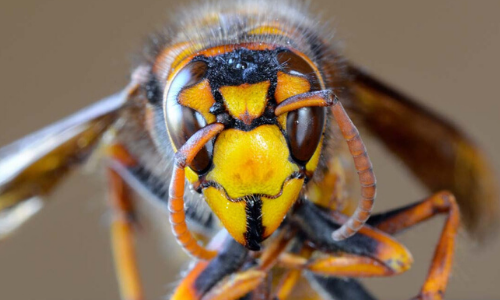
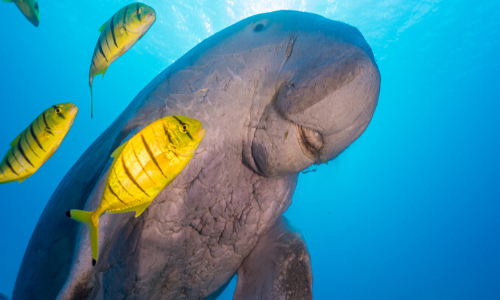


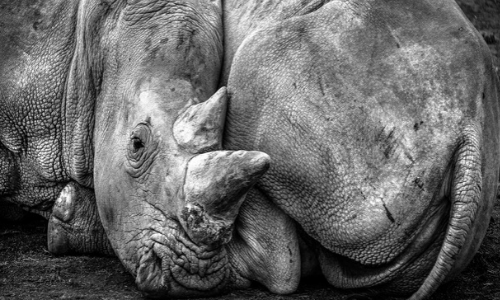


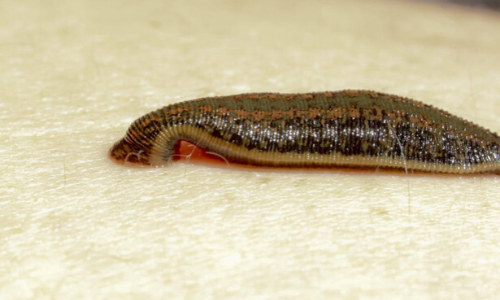
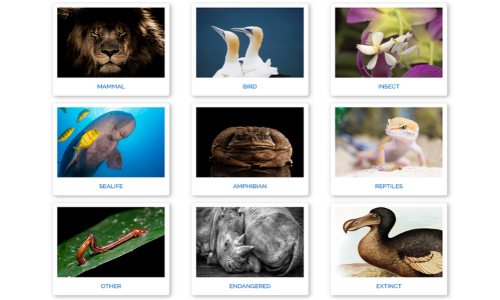




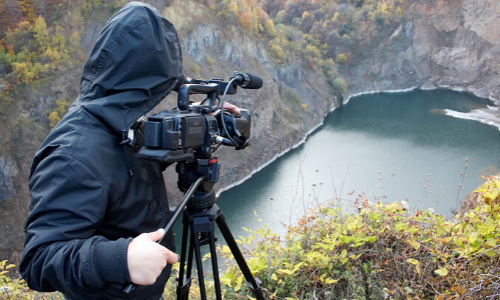






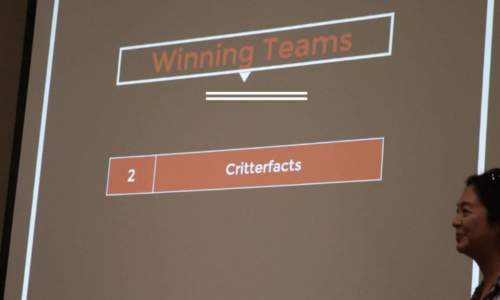









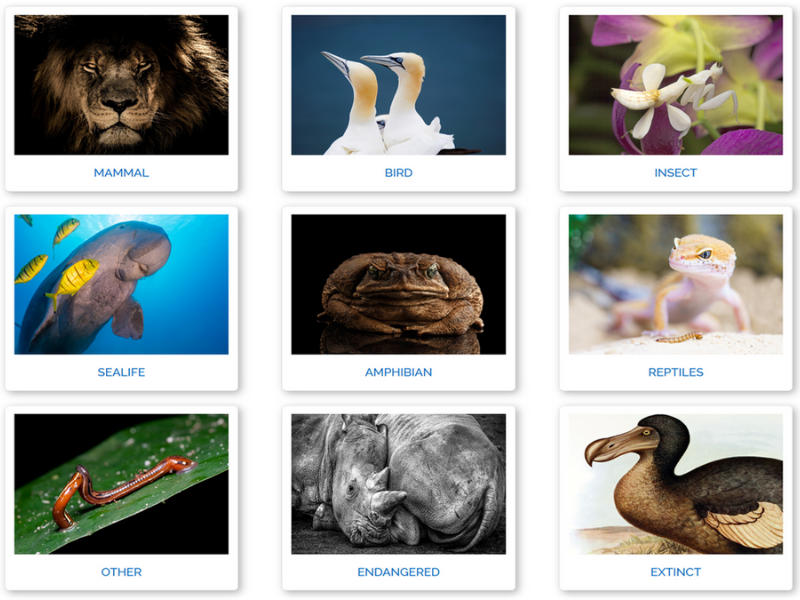



Thank you CLAIRE, what a delight when someone sent your profile of me to me😉! How kind, thoughtful and caring…..your writing is thoughtful and I very much appreciate that! Good luck with graduate school and I hope you too keep a lens and perspective of positivity for the future! My favorite Alice Walker book says “Anything We Love Can Be Saved!” If we are to save our world and the future we must do it through and out of LOVE! Again, Thank You and all the best! Peace, Dianne